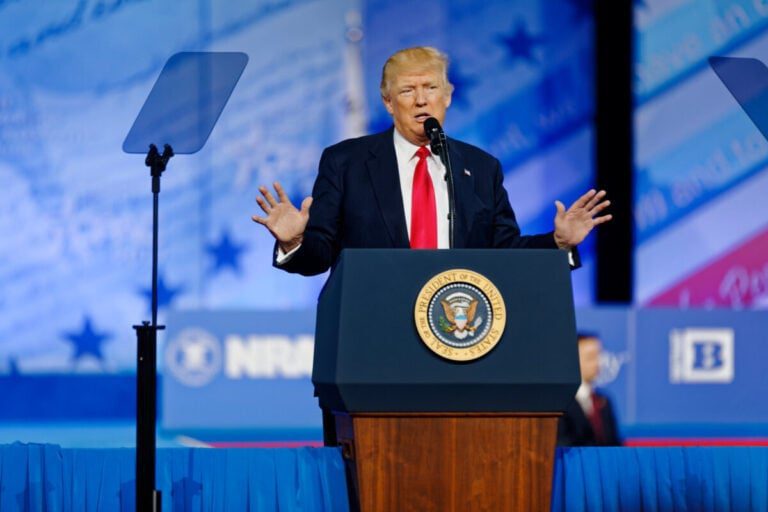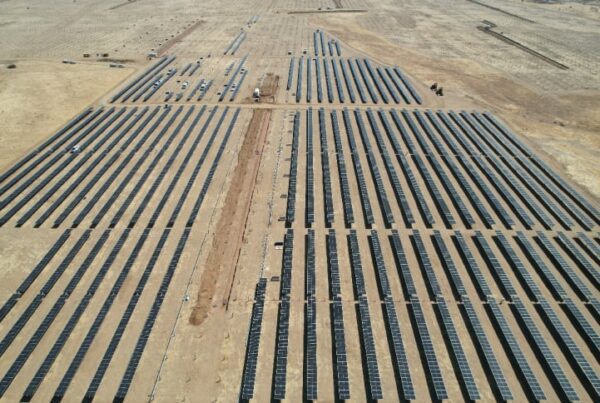
In a post on the firm’s website, Wood Mackenzie director of energy transition practice, David Brown, said that a Trump administration “will not change” demand for solar PV in the US in the “near term”, despite changing policy winds.
“The US is likely in store for lighter standards on emissions regulations, more protectionist trade policies, and removing the US from the Paris Agreement, all of which would shift US policy away from a net-zero trajectory,” Brown wrote.
“However, bi-partisan support for the IRA in Congress, competitive economics for renewable power and private sector net zero goals will not derail the energy transition.”
PV Tech made a similar prediction in the immediate aftermath of the election result. The US solar market – particularly the utility-scale market – is largely driven by corporate demand for predictably priced and sustainable renewable energy generation, which is led by solar PV. This is unlikely to disappear, regardless of the amount of White House support for renewables.
Similarly, 18 Republican congress members have spoken out against repealing the IRA and the US$369 billion in tax credits it introduced for renewable energy production and manufacturing. Solar deployments and manufacturing announcements have put a lot of money into Republican states (based on the previous election cycle), such as Georgia, Texas and Ohio.
Brown wrote: “The likelihood of a full IRA repeal is low. However, there could be some amendments to the legislation.” He said Wood Mackenzie forecasts renewable energy capacity to grow by 243GW through 2030, even as investment in renewables may slow.
“We expect President-elect Trump to support the growth aspirations of Big Tech,” the post continued. “We have identified over 51GW of new data centre announcements since 2023, which have a better chance of coming to fruition if Republican-supported permitting reform comes to pass.”
As Big Tech companies grow in both size and influence, data centres are forecast to become a significant feature of the US’ future energy system. Data-dependent firms like Meta, Google and Amazon have already signed major, long-term deals with some of the largest solar developers in the country.
However, Brown did say that growth in the US’ solar sector “Is at risk if the IRA undergoes substantial modifications – a strong possibility given Trump’s agenda to maintain tax cuts.”
The post also said that energy storage is at some greater risk than solar PV in the coming years, as it has been a particular beneficiary of Investment Tax Credit (ITC) transferability credits under the IRA, which could potentially be disrupted. Our sister site, Energy-storage.news, published a post-election reaction piece from the energy storage industry last week.
Some questions remain about the extent of the incoming Trump administration’s protectionism and reliance on tariffs, which have the potential to impact solar supply chains. This week, Trump also appointed Chris Wright, CEO of multi-billion-dollar oilfield services firm Liberty Energy, as his new Energy Secretary. This could starkly change the role and makeup of the Department of Energy. Read more about these outstanding uncertainties in PV Tech’s post-election blog.





